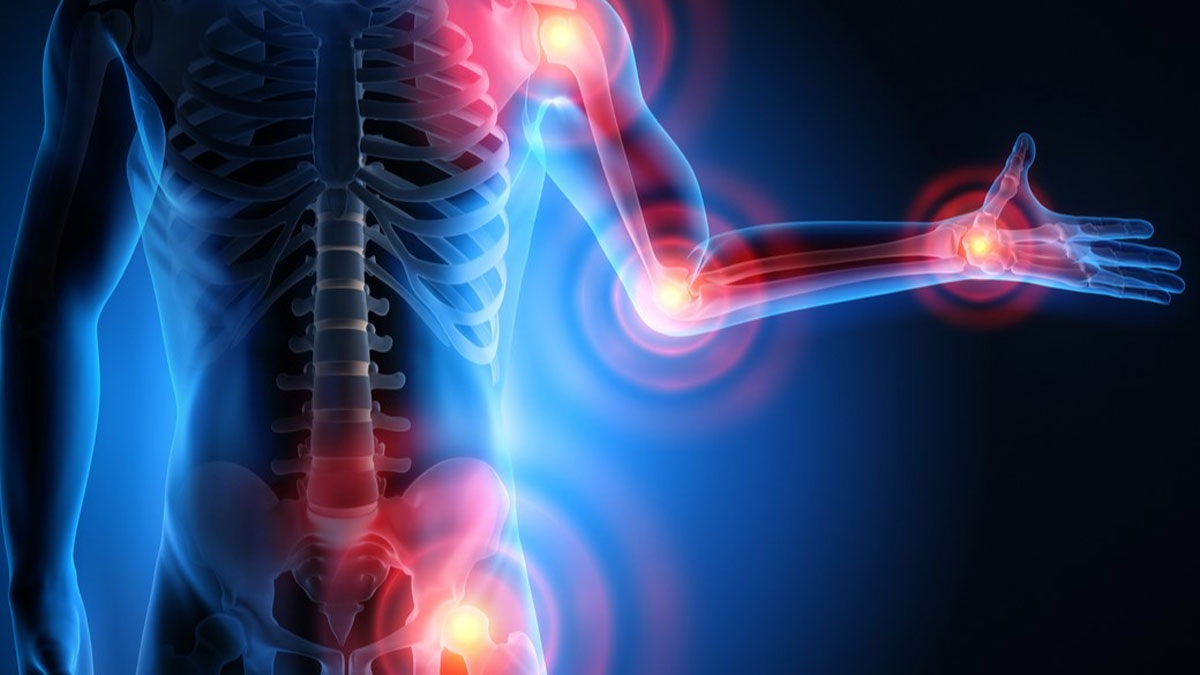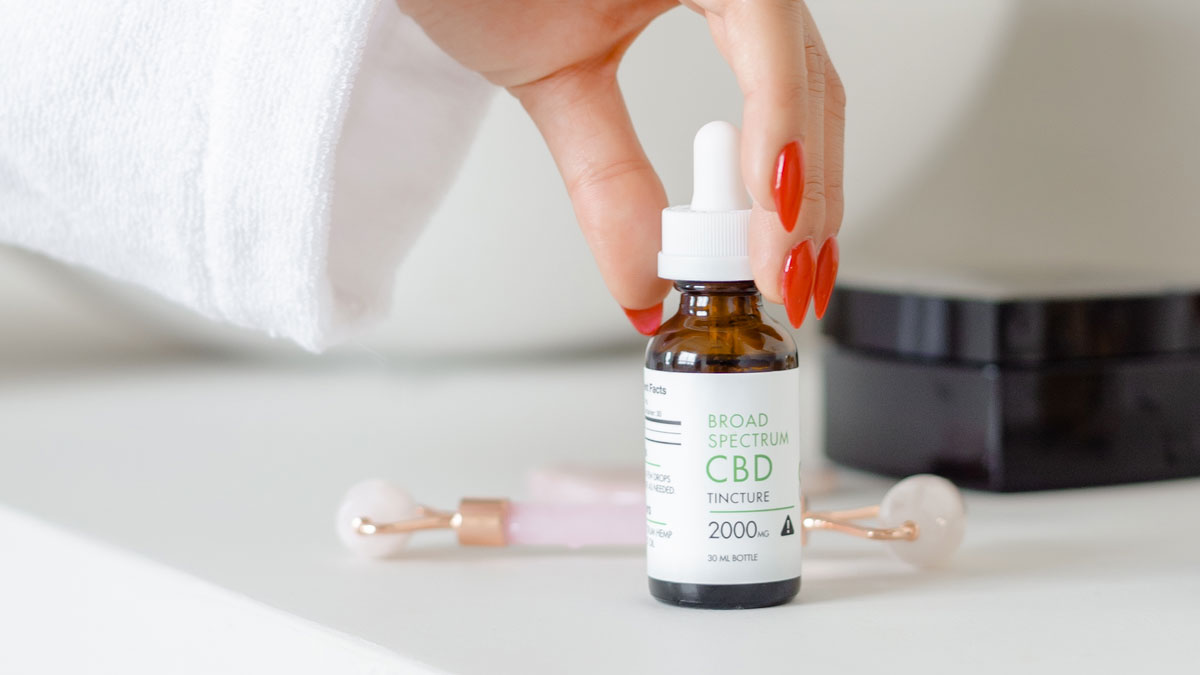CBD is now a well-known active ingredient that has the potential of reducing anxiety, alleviating pain, and improving sleep, it’s no wonder that this natural compound has garnered significant attention in Canada and worldwide. However, to truly understand how CBD works, one must first grasp the concept of the endocannabinoid system (ECS). This intricate system within our bodies plays a crucial role in maintaining balance and harmony. So, let’s dive into the fascinating world of the ECS and uncover how CBD interacts with it to potentially benefit our health.
What is the Endocannabinoid System (ECS)?
The endocannabinoid system, discovered in the early 1990s by researchers studying the effects of cannabis, is a complex cell-signaling system. Although its full scope is still being researched, we know that the ECS plays a critical role in regulating a range of functions and processes in the body.
Components of the ECS
The ECS comprises three main components:
- Endocannabinoids: These are naturally occurring compounds produced by the body. The two primary endocannabinoids identified are anandamide (AEA) and 2-arachidonoylglycerol (2-AG). They are similar to the cannabinoids found in the cannabis plant but are synthesized internally.
- Receptors: Endocannabinoids bind to receptors to signal that the ECS needs to take action. The two main receptors are:
- CB1 Receptors: Predominantly found in the central nervous system, including the brain.
- CB2 Receptors: Mostly located in the peripheral nervous system, especially immune cells.
- Enzymes: These break down endocannabinoids once they’ve carried out their function. The two primary enzymes are fatty acid amide hydrolase (FAAH), which breaks down AEA, and monoacylglycerol acid lipase (MAGL), which breaks down 2-AG.
Functions of the Endocannabinoid System
The primary role of the ECS is to maintain homeostasis, the body’s internal balance. Here are some of the critical physiological processes regulated by the ECS:
- Mood and Stress Response: The ECS helps regulate mood and stress. Endocannabinoids have been shown to affect areas of the brain responsible for emotion and behavior, potentially influencing anxiety, depression, and overall mental well-being.
- Pain and Inflammation: The ECS plays a significant role in modulating pain and inflammation. Endocannabinoids can interact with CB1 receptors in the central nervous system to reduce the perception of pain and with CB2 receptors in the immune system to modulate inflammatory responses.
- Appetite and Metabolism: The ECS is involved in appetite regulation and energy balance. It affects how we feel hunger and satiety, influencing eating behaviors and metabolism.
- Sleep: The ECS also impacts sleep patterns. It helps regulate the sleep-wake cycle, promoting restful sleep and improving overall sleep quality.
Introduction to CBD (Cannabidiol)
CBD, or cannabidiol, is one of over 100 cannabinoids found in the cannabis plant. Unlike its cousin THC (tetrahydrocannabinol), CBD is non-psychoactive, meaning it doesn’t produce a “high.” CBD is typically extracted from hemp, a variety of cannabis that contains low levels of THC.
How CBD Interacts with the ECS
CBD interacts with the ECS in several ways, though not directly like THC. Instead, it influences the ECS indirectly, leading to a variety of effects.
- Indirect Interaction with Receptors: Unlike THC, which binds directly to CB1 receptors, CBD doesn’t have a strong affinity for either CB1 or CB2 receptors. Instead, it modifies the receptors’ ability to bind to cannabinoids.
- Enzyme Inhibition: CBD can inhibit the FAAH enzyme, which breaks down anandamide. By inhibiting this enzyme, CBD increases levels of anandamide in the brain, enhancing its effects.
- Modulation of Receptor Activity: CBD can also modulate the activity of receptors outside the ECS. For instance, it interacts with serotonin receptors, which are involved in mood regulation, and TRPV1 receptors, which play a role in pain perception and inflammation.
Potential Health Benefits of CBD
Scientific research into CBD is still in its early stages, but several studies and anecdotal evidence suggest a range of potential health benefits.
- Pain Relief: One of the most well-documented uses of CBD is for pain management. Studies have shown that CBD can help reduce chronic pain by impacting endocannabinoid receptor activity, reducing inflammation, and interacting with neurotransmitters.
- Anxiety and Depression: CBD has shown promise in reducing anxiety and depression. It appears to act on the brain’s receptors for serotonin, a neurotransmitter that regulates mood and social behavior.
- Neuroprotection: CBD has been studied for its potential benefits in neurological disorders such as epilepsy and multiple sclerosis. The FDA has even approved a CBD-based medication, Epidiolex, for treating certain types of epilepsy.
- Anti-Inflammatory Effects: CBD’s ability to reduce inflammation is another critical benefit. It can help manage conditions characterized by inflammation, such as arthritis and inflammatory bowel disease.
- Other Benefits: Emerging research suggests CBD may have potential benefits for skin health, cardiovascular health, and more. Its antioxidant properties could also play a role in preventing various conditions associated with oxidative stress.
Safety and Side Effects of CBD
While CBD is generally considered safe, it’s essential to be aware of potential side effects and interactions with other medications.
Common Side Effects
- Fatigue: Some users report feeling tired after taking CBD.
- Diarrhea: Digestive issues can occur, especially with high doses.
- Changes in Appetite and Weight: CBD can sometimes cause appetite changes, leading to weight gain or loss.
Drug Interactions
CBD can interact with other medications, potentially affecting how they are metabolized in the body. It’s crucial to consult with a healthcare provider before starting CBD, especially if you are taking other medications.
Dosage and Administration
Finding the right dosage of CBD can be tricky, as it varies from person to person. Start with a low dose and gradually increase it until you achieve the desired effects. CBD is available in various forms, including oils, capsules, edibles, and topicals, offering flexibility in administration.
What to Look For When Buying CBD Online
- Third-Party Testing: Look for products that have been tested by an independent lab. These tests should confirm the product’s CBD content and verify that it is free from harmful substances.
- Trusted Companies: CBDMagic, CBD2HEAL and Zen Leafs are the few trusted CBD companies online in Canada. Ensure you do your research behind any company before purchasing CBD online.
- Product Types: Consider the form of CBD that best suits your needs. CBD oil tinctures offer flexibility in dosing, while edibles provide convenience. Topicals are excellent for targeted relief, and capsules offer pre-measured doses.
Conclusion
Understanding the endocannabinoid system and how CBD interacts with it is crucial for appreciating the potential health benefits of this remarkable compound. As research continues to uncover more about the ECS and CBD, we can look forward to new insights and applications. Whether you’re exploring CBD for pain relief, anxiety, or overall wellness, choosing quality products and understanding their effects will help you make informed decisions.
So, delve deeper into the world of CBD and the ECS, and consider how this natural compound might enhance your health and well-being. Share your thoughts, ask questions, and embark on a journey towards better health with the power of CBD.
Ready to tap into your inner superpowers with the aid of CBD? Shop online at CBDMagic for Canada’s best organic CBD oil!


